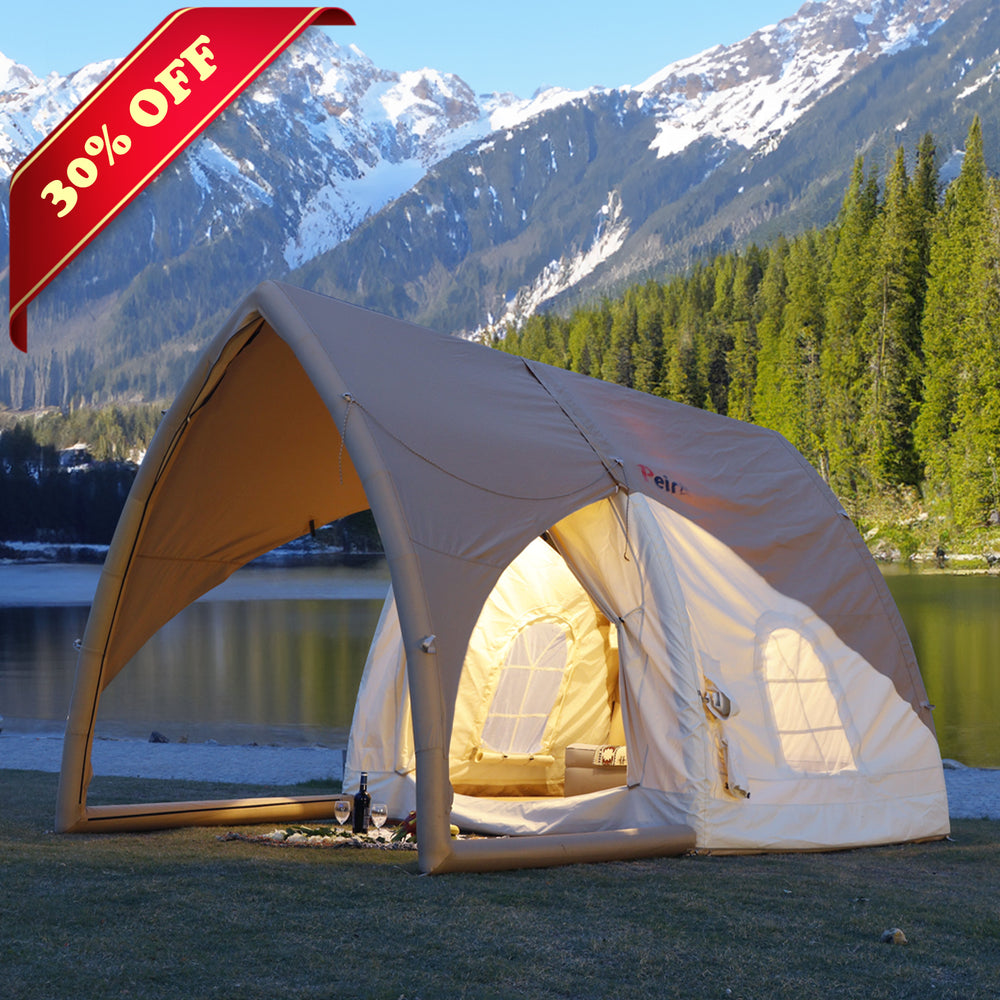Inflatable tents have gained popularity recently due to their ease of setup and versatility. However, one question often asked by potential buyers is, "Why are inflatable tents so heavy?" This article dives into the reasons behind the weight of these tents, offering insights for those considering purchasing one.
Durable Materials
One of the primary reasons inflatable tents are heavy is the high-quality materials used in their construction. Unlike traditional pole tents, inflatable tents rely on air beams made of thick, durable materials like TPU (thermoplastic polyurethane) or PVC (polyvinyl chloride). These materials must be strong enough to hold air pressure without rupturing, especially in varying weather conditions. The tent fabric is often made from heavy-duty polyester or nylon with waterproof coatings, adding to the overall weight.
Air Beam Technology
Inflatable tents replace traditional poles with air beams. While air beams eliminate the need for heavy metal or fibreglass poles, the reinforced tubes used to create the air beams must withstand high pressure. This requires layers of material that are thicker and heavier than those used in standard tents. The additional reinforcement ensures durability and stability but contributes significantly to the tent's weight.
Integrated Features
Modern inflatable tents often come with integrated features such as:
Built-in floors: Many inflatable tents feature sewn-in groundsheets, which increase weight but provide better protection from the elements.
Multiple chambers: Large inflatable tents designed for families or groups often have various rooms, requiring more material for walls, dividers, and zippers.
Additional reinforcements: To ensure the tent can withstand wind and rain, manufacturers include extra reinforcements, which add to the overall mass.
Pump Inclusion
Most inflatable tents come with a manual or electric pump for inflation. While this accessory is convenient, it adds extra weight to the package. Although some manufacturers design lightweight pumps, they still contribute to the perceived heaviness when transporting the tent.
Size and Capacity
Inflatable tents are often designed for families or group camping, making them larger than traditional backpacking tents. A tent with a larger capacity requires more material for its structure, air beams, and weatherproofing, all of which increase its weight.
Weatherproofing Requirements
Inflatable tents are designed to handle various weather conditions, including rain, wind, and UV exposure. To achieve this, manufacturers use heavier fabrics with waterproof and UV-resistant coatings. Additionally, these tents often have reinforced seams and thicker zippers to prevent water leaks and wind damage, which adds to their weight.
Carrying Convenience Over Weight
While inflatable tents may seem heavy, they are designed with portability in mind. Most come with compact carrying bags with handles or straps for easier transportation. The convenience of quick setup and takedown often outweighs the inconvenience of the tent's weight, especially for car camping or festivals.
Tips for Managing Inflatable Tent Weight
If you're concerned about the weight of an inflatable tent, consider these tips:
Choose the right size: Opt for a tent that meets your needs without excess capacity.
Invest in a lightweight pump: Some aftermarket pumps are lighter than those included with the tent.
Use a trolley: A foldable trolley can make transporting the tent much easier for car campers.
Pack smartly: Distribute the tent and accessories among group members if you're camping with others.
Conclusion
Inflatable tents are heavy because of the durable materials, advanced air beam technology, and integrated features designed for comfort and weather resistance. While the weight may seem like a drawback, it's a trade-off for these tents' convenience, stability, and durability. By understanding why inflatable tents are heavy, you can make an informed decision and enjoy the benefits they bring to your outdoor adventures.






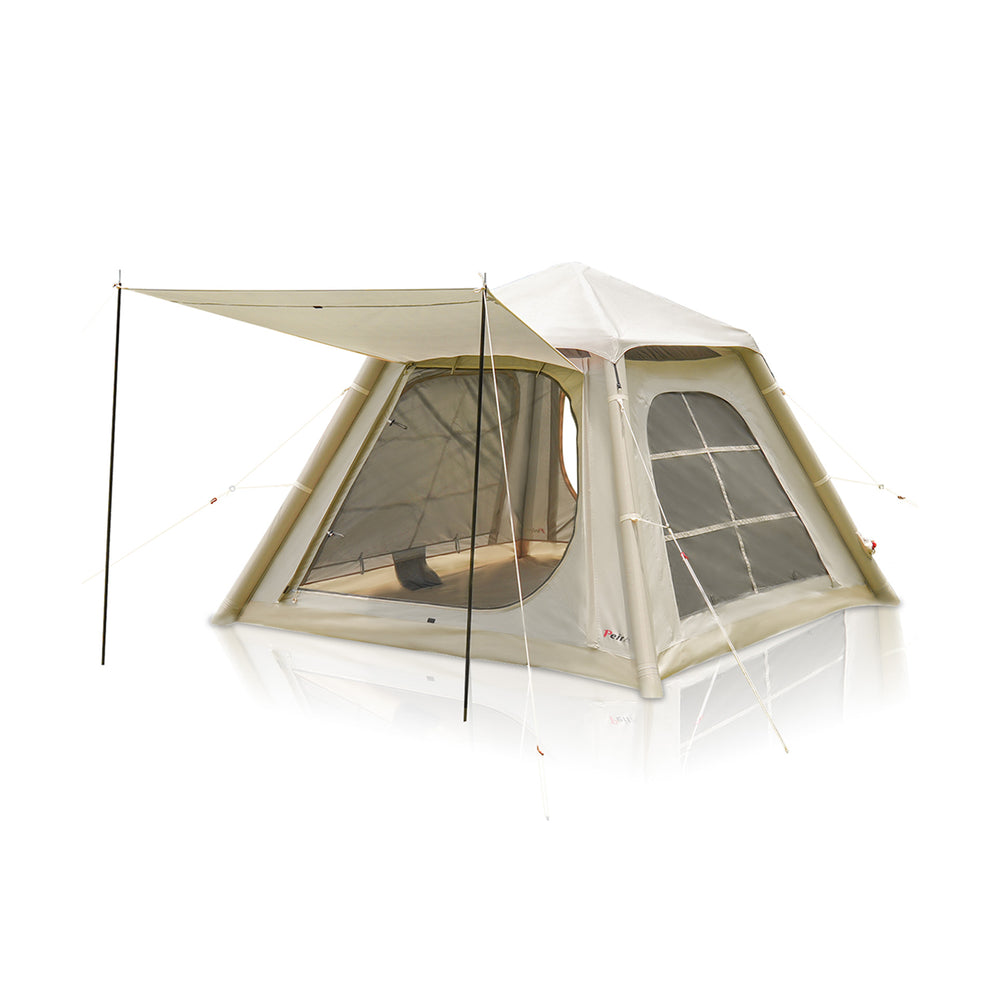
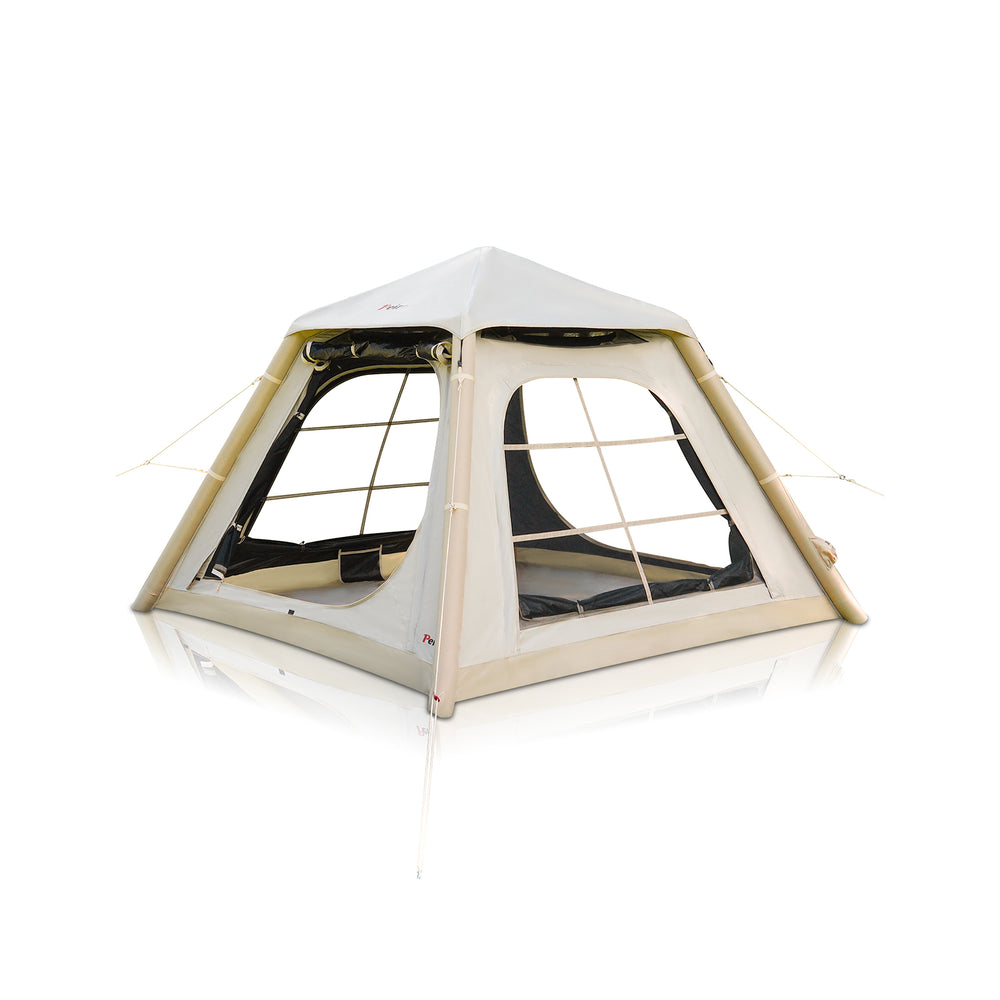
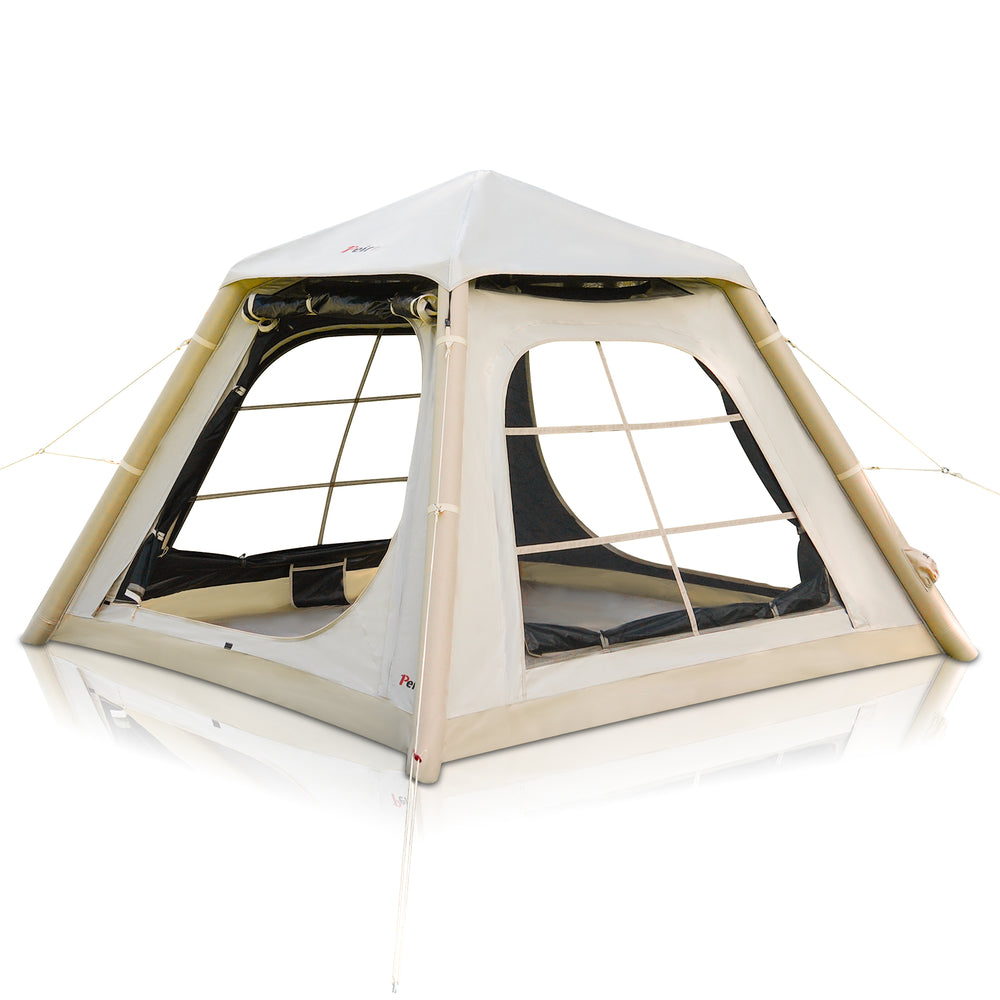
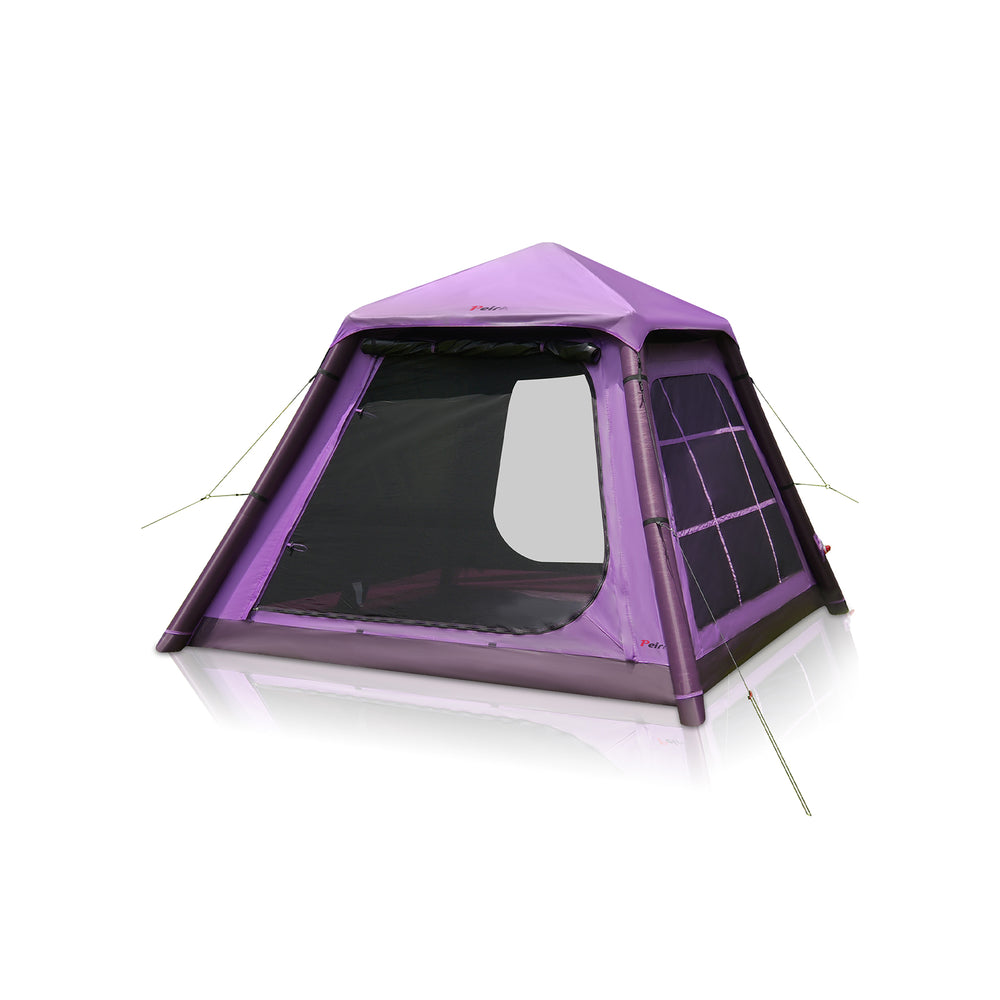


 Peirhw Inflatable House Tent - Starry Night Love
Peirhw Inflatable House Tent - Starry Night Love
 Peirhw Glamping Tents - Friendship Castle
Peirhw Glamping Tents - Friendship Castle
 Peirhw Inflatable Canopy Tent - Adventurer
Peirhw Inflatable Canopy Tent - Adventurer


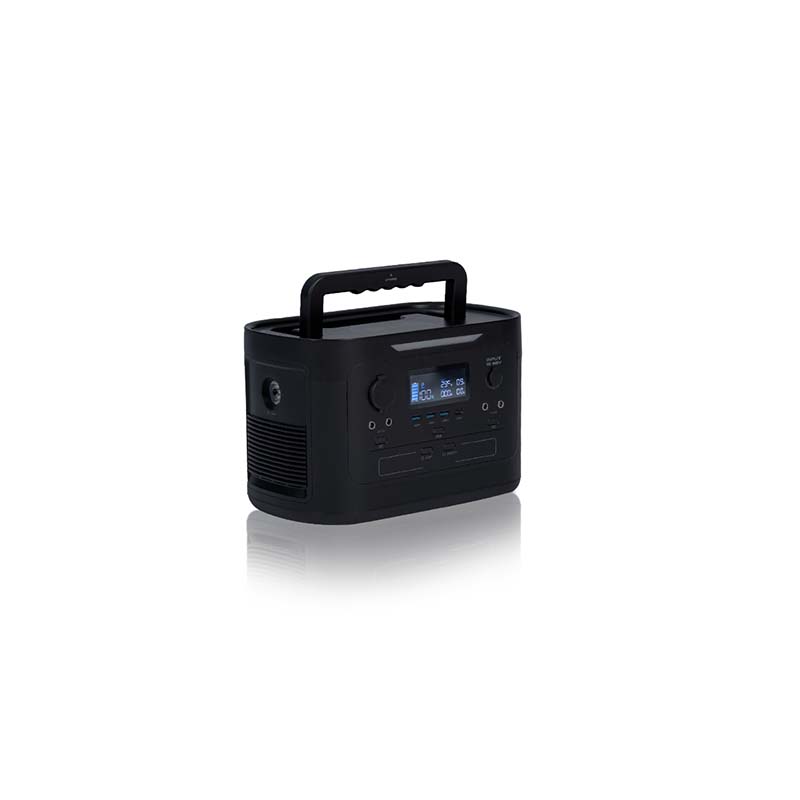
 Peirhw Portable Air Conditioner
Peirhw Portable Air Conditioner
 【Advance Sale】Peirhw Portable Power Station 2400W
【Advance Sale】Peirhw Portable Power Station 2400W
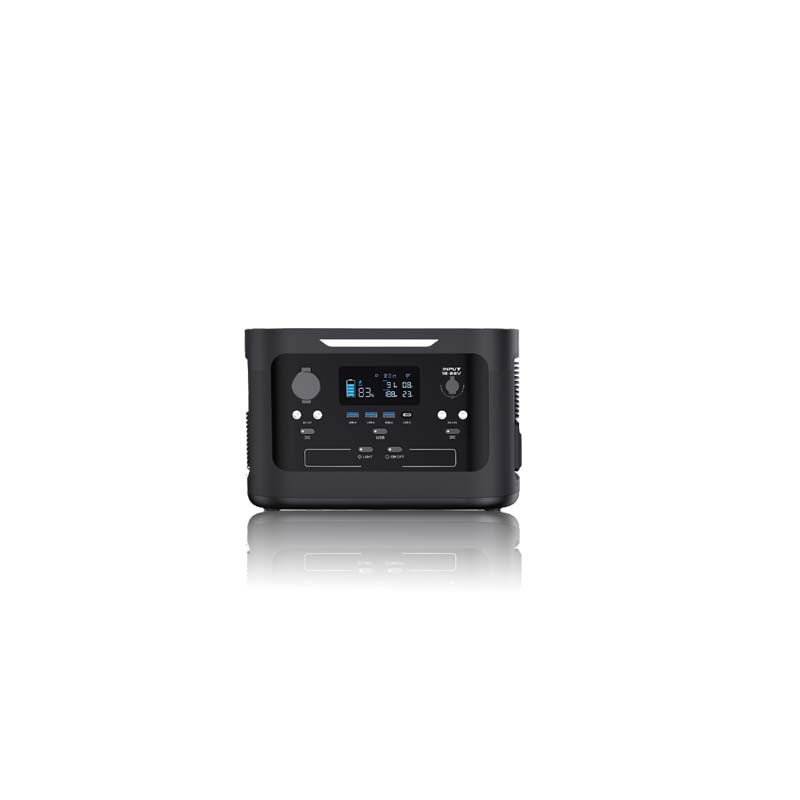 【Advance Sale】Peirhw Portable Power Station 600W
【Advance Sale】Peirhw Portable Power Station 600W

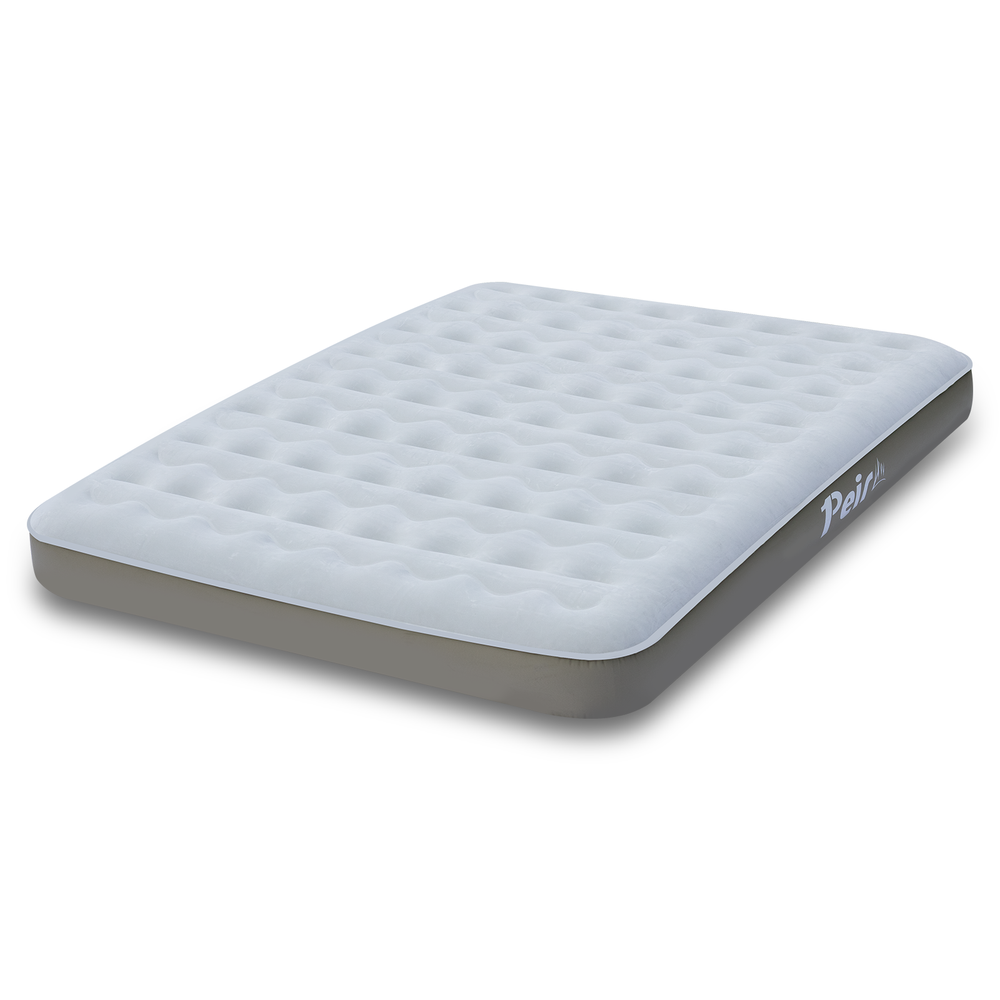



 Peirhw Self Inflating Sleeping Pad
Peirhw Self Inflating Sleeping Pad
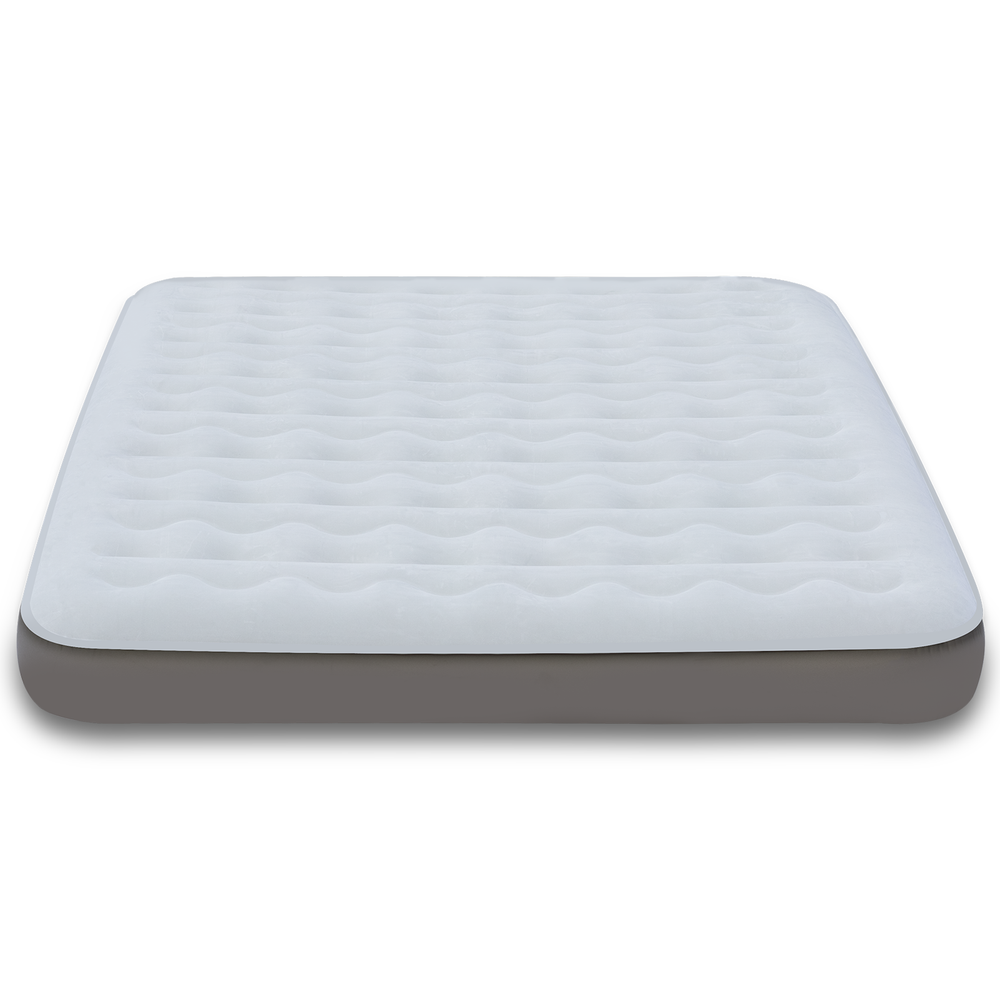 Peirhw Air Mattress (8" Queen Type)
Peirhw Air Mattress (8" Queen Type)
 Peirhw Camping Sleeping Bag
Peirhw Camping Sleeping Bag


 Peirhw Butterfly-shaped Canopy for Camping
Peirhw Butterfly-shaped Canopy for Camping
 Peirhw Camping Waterproof Canopy (Cannot be Purchased Separately)
Peirhw Camping Waterproof Canopy (Cannot be Purchased Separately)

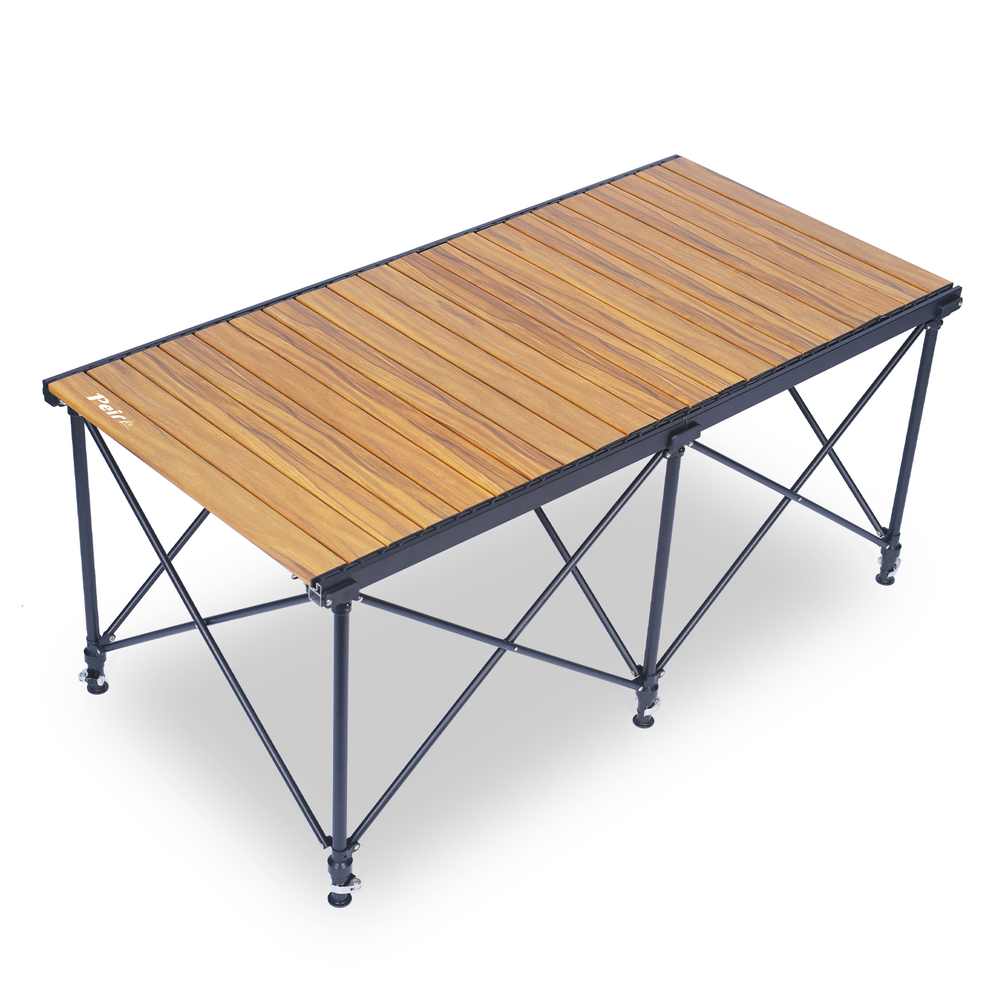
 Peirhw Outdoor Folding Chairs
Peirhw Outdoor Folding Chairs
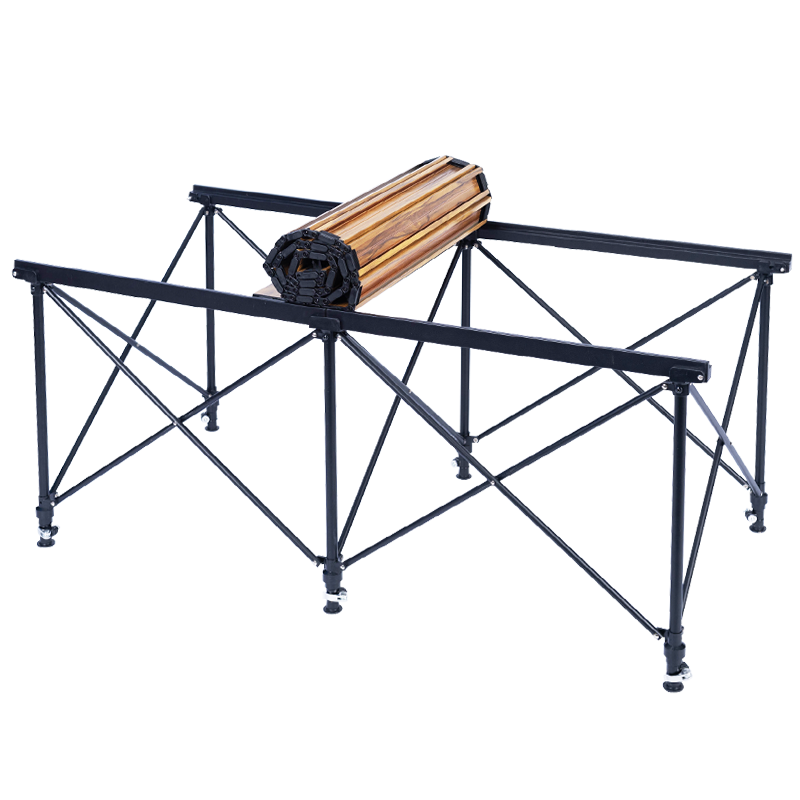 Peirhw Folding Camping Table
Peirhw Folding Camping Table





